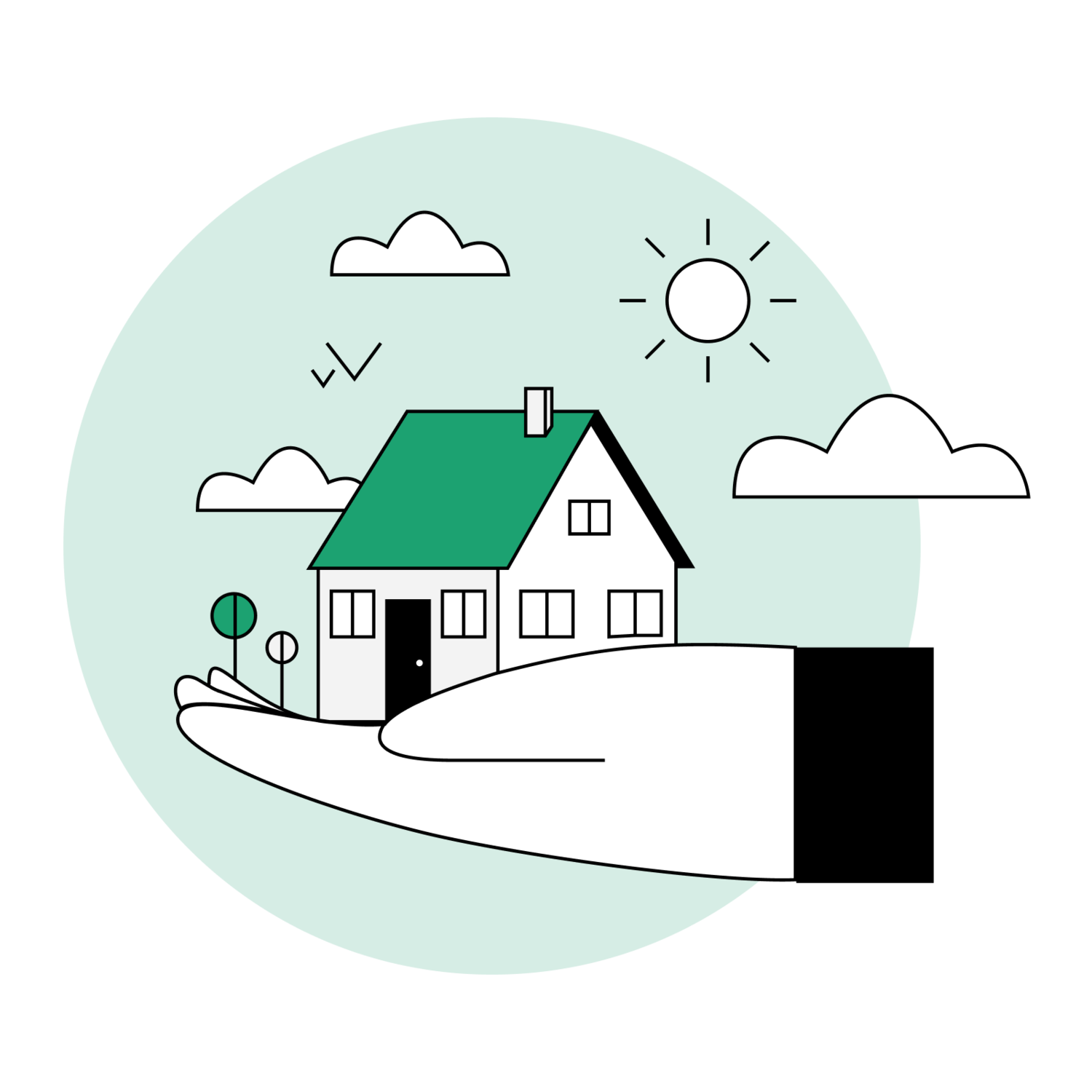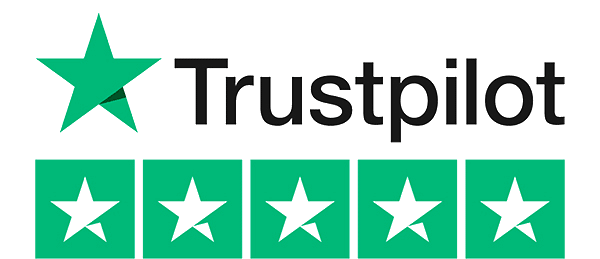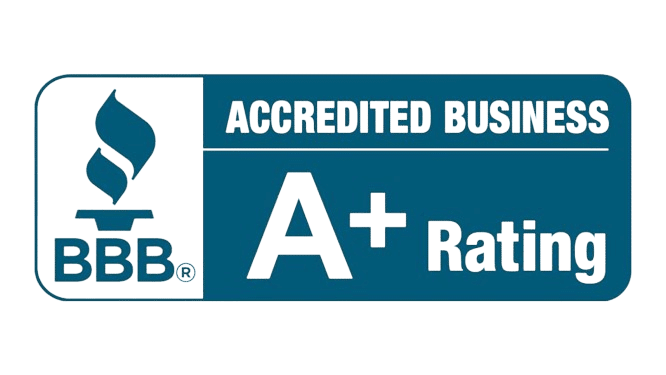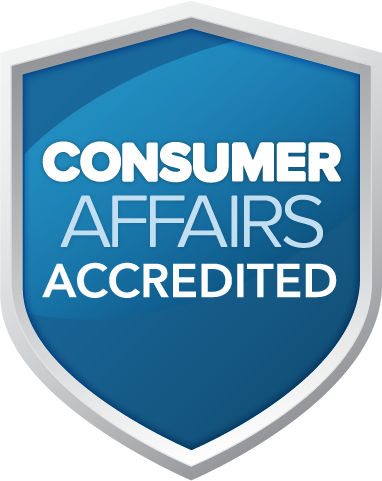Compare Home Insurance Quotes
Find the best home insurance policy for your needs with JG Wentworth marketplace. Compare quotes quickly and make informed decisions to protect your biggest investment.



Finding a good homeowner insurance with great coverage could be tricky. There are many factors that dictate homeowner insurance premiums, the types of policies that exist, and the variety of coverage you can get. How do you actually choose a company to go with? Let’s help you with that.

No matter where you live, life happens. Storms, floods, fires, and accidents can strike when you least expect it. This is exactly why every home needs to be insured, regardless of its location. When it comes to repairing your house, or replacing it altogether, insurance can help you when you need it the most. That said, how much you should spend on your premium depends on a variety of factors. The most common ones are:
- Location: Perhaps the most significant factor when it comes to determining your premium is location, location, location. The area your home is situated in affects its risk profile. Proximity to fire stations, crime rates, and susceptibility to natural disasters such as wildfires, tornadoes, hurricanes, and flooding all play a role.
- Home's Value: Of course, the quality of your home itself is also a driving factor. How old the house is and the materials used in construction determine the replacement cost of your home, which contributes to the premium. Typically speaking, newer homes made with modern materials might have lower premiums.
- Coverage Limits: Higher coverage limits lead to higher premiums. In other words, the more the insurance company is going to shell out to repair or replace your home, the more they’re going to want to mitigate that risk by increasing your premium. Analyze your needs carefully to strike the right balance between coverage and cost.
- Deductible Choice: Likewise, a higher deductible often results in lower premiums. It’s only logical that the more you’re willing to pay out of pocket, the less risk the insurance company takes on. While getting a lower premium is always tempting, just keep in mind you'll need to pay this deductible in the event of an unexpected claim.
- Credit Score: Like almost every other aspect of your financial life, your credit score can impact your premium. Maintain a good credit history to potentially lower your costs.

Now that you have a clearer understanding of the factors that impact your premium, let’s take a look at the main types of homeowner insurance you can choose from:
1. HO-1: Basic Form
HO-1 insurance, also known as “basic form homeowners insurance,” is the most basic form of homeowners insurance out there. If you have an HO-1 policy, your home will typically be covered at its actual cash value.
What it covers: HO-1 policies typically provide coverage only for damage or loss caused by 10 specific types of perils:
- Fire or lightning
- Windstorm or hail
- Explosion
- Riot or civil commotion
- Aircraft
- Vehicles
- Smoke
- Vandalism and mischief
- Theft
- Volcanic eruptions
While that might seem like a lot, it really leaves your home vulnerable to a myriad of potential perils that aren’t specified. And if it’s not specified, it’s not covered.
2. HO-2: Broad Form
HO-2 insurance is also known as “broad form homeowners insurance” because it provides coverage for a broader variety of perils compared to an HO-1 policy. HO-2 policies will typically cover your home at its replacement cost, while personal property will be covered at its cash value.
What it covers: An HO-2 policy will typically cover everything that is covered by an HO-1 policy, plus additional coverage for perils such as:
- Freezing
- Falling objects
- The weight of ice or snow on a structure
- The accidental overflow or discharge of water or steam
- Cracking or bulging caused by a sudden and accidental event
- Accidental discharge from an artificially generated electrical current (i.e., a power surge)
3. HO-3: Special Form
HO-3 coverage, also known as “special form coverage,” is the most common type of homeowners insurance. Under HO-3 insurance, your home will typically be covered at its replacement cost, while your personal property will be covered up to its cash value. An endorsement can, in most cases, be added to your policy to provide replacement coverage for your personal property for an additional cost.
What it covers: While HO-1 and HO-2 policies only provide coverage against certain named perils, an HO-3 policy will provide coverage for your home against damages caused by any peril except for those specifically excluded in the policy. Some perils commonly excluded from an HO-3 policy include:
- Earthquake
- Flood
- Landslide/mudslide
- Nuclear Accident
- Sinkhole
- Neglect
- Act of war or government action
Depending on where you live, these are fortunately less common perils, and therefore, HO-3 offers pretty comprehensive coverage for the average homeowner.
4. HO-4: Renter’s Insurance
HO-4 is more commonly known as renter’s insurance. As such, HO-4 policies are specifically designed for those who are renting or leasing an apartment, home, or condo.
What it covers: Renter’s insurance essentially covers a renter’s personal property (at its replacement cost) against the same named perils found in an HO-3 policy. Renter’s insurance will also typically cover your living expenses if your rented home becomes unlivable due to damage caused by a named peril — for example, a fire — and you need to find a new place to stay. It’s important to note that an HO-4 policy may or may not provide liability coverage.
5. HO-5: Comprehensive Form
HO-5 insurance, or a comprehensive policy, is often considered to offer the highest level of coverage for single-family homes. It is in many ways like an HO-3 policy, but with added protection and a few key differences.
What it covers: Under an HO-3, only your home is insured at its replacement cost, while your personal belongings will be covered at their cash value. An HO-5 covers both your home and personal belongings at their replacement cost (which is typically higher than cash value).
Additionally, while an HO-3 limits coverage for personal belongings to only named perils, under an HO-5 your personal belongings (such as art, jewelry, and electronics) will be covered for all the same perils as your home is. Because of the higher coverage limits offered by an HO-5 policy, this is a good choice if you have a lot of high-value personal property in your home.
6. HO-6: Unit-owners Form
An HO-6, also known as condo insurance or unit-owners insurance, is a special type of policy designed for those who live in either a co-op or condominium.
What it covers: In most cases, the condo association will hold HOA insurance, which will typically cover the condo building itself and certain shared areas. While each HOA policy will vary in exactly how much (and what) it covers, you as the unit owner will need to purchase coverage for anything that the HOA does not insure. This will often include coverage for:
- Any renovations, upgrades, or improvements made to the unit after you purchased it
- The walls, floor, and ceiling of the unit
- Personal property
- Personal liability
Because HOA policies can vary so significantly, it’s crucial that you understand exactly what is covered by the master policy so that you can purchase adequate coverage for your own unit.
7. HO-7: Mobile Home Form
An HO-7 is essentially designed to provide the same coverage offered by an HO-3 policy, but for a mobile home. As such, these policies are also known as mobile home policies (MHP).
It is important to note that, in most cases, mobile home policies will only cover the home while it is stationary. It doesn’t typically cover damages or loss caused while the home is in transit. Keep in mind that depending on your state, there might not be any law requiring homeowners insurance, but lenders typically demand it for a mortgage.
8. HO-8: Modified Coverage Form
HO-8 policies are specifically meant to provide coverage for homes that otherwise don’t meet the insurer’s standards for other types of coverage. In most cases, this means that the home is at high risk of loss or damage, or has a replacement cost that is higher than the actual cash value of the home.
What it covers: HO-8 policies typically provide coverage against the same named perils as an HO-1 (based on the home’s actual cash value and not its replacement cost). Very often, this type of policy is held by older with factors that would need to be corrected or replaced to qualify for other forms of coverage. If you can’t afford to undergo these updates, or else don’t want to (as might be the case for homes which are historical landmarks) then purchasing an HO-8 policy allows you to purchase coverage for your home even without undergoing these expensive updates.

Homeowners insurance provides coverage for various aspects of your home and personal property. Here are the key coverages typically included in a standard homeowner's insurance policy:
- Dwelling Coverage: This coverage protects the physical structure of your home, including the walls, roof, foundation, floors, and built-in appliances, from covered perils. If your home is damaged or destroyed by events like fire, windstorms, hail, or vandalism, this coverage can help pay for repairs or rebuilding.
- Other Structures Coverage: It extends coverage to structures on your property that are not attached to your home, such as detached garages, sheds, fences, and guesthouses.
- Personal Property Coverage: This coverage protects your personal belongings, including furniture, electronics, clothing, and other possessions, against covered perils. It covers theft, damage, or loss, even if the incident occurs outside your home.
- Liability Coverage: Liability coverage provides financial protection in case someone is injured on your property or if you or a family member accidentally cause damage or injury to others. It can cover medical expenses, legal fees, and court settlements.
- Medical Payments Coverage: This coverage pays for medical expenses for guests or visitors injured on your property, regardless of who is at fault. It's usually for minor injuries and is designed to avoid lawsuits.
- Additional Living Expenses (ALE) or Loss of Use: If your home becomes uninhabitable due to a covered event, ALE coverage helps pay for temporary living expenses, such as hotel bills, rent, and meals, while your home is being repaired or rebuilt.
- Earthquake and Flood Coverage: Standard homeowner's insurance typically does not cover damage caused by earthquakes or floods. You may need to purchase separate policies or endorsements for these perils.
It's important to note that specific coverages and limits can vary between insurance companies and policy types. Additionally, homeowner's insurance does not cover every possible peril or event, so it's crucial to review your policy, understand its terms and exclusions, and consider additional coverage if needed.
Featured Auto Insurance Articles
The Basics of Homeowners Insurance
Homeowners insurance provides financial protection for your home and its contents in case of damage or loss from covered events, such as fire, theft, or natural disasters.
10 Questions to Ask Your Home Insurance Agent
Securing the right home insurance coverage is a critical step in safeguarding your most valuable asset – your home. However, navigating the intricate world of homeowners insurance policies can be a daunting task. This is where your insurance agent plays a pivotal role. By asking the right questions, you can ensure you have the coverage you need at a fair price.
How Often Do Insurance Companies Inspect Homes?
Home inspections by insurance companies are a routine part of the process when you first get homeowners insurance, as well as at renewal periods during the life of the policy. The frequency of these inspections can vary considerably depending on the insurance company, the location of the home, the age of the home, and other risk factors. Let's take a closer look at when and why home inspections happen for insurance purposes.
Will Home Insurance Cover a Roof Repair?
For homeowners, one of the biggest concerns is keeping their roof in good condition. A damaged or aging roof can lead to leaks, structural issues, and costly repairs if not addressed properly. When faced with the need for roof repairs, many homeowners wonder if their home insurance policy will cover the costs. The answer is not always straightforward, as there are various factors that insurance companies consider when determining coverage for roof repairs.






